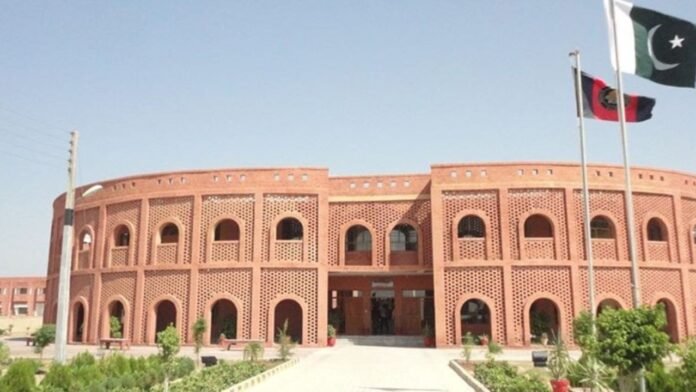Islamabad: In an unprecedented move, the federal government has decided to extend the Danish School System to Azad Jammu and Kashmir (AJK) and Gilgit-Baltistan (GB) as part of its plan of action for educational reforms across the country with special emphasis on less-developed areas.
Sources said they have allocated Rs500 million in the upcoming budget to establish six Danish schools in AJK and GB. The amount will be used for building construction, providing missing facilities, hiring staff, and other related needs. The aim is to provide quality education at par with developed areas of Pakistan.
Besides this, officials have proposed Rs100 million in challenge funds for out-of-school children. Under this initiative, they will formulate area-wise programs to ensure maximum enrollment and retention. Particularly where economic or social barriers restrict access.
Meanwhile, a major proposal in the coming fiscal year’s budget is imposing new taxes worth Rs 2tr. Sources said they expect this massive increase in revenue to support various development projects, including the education sector. However, they emphasized that the government must utilize these additional resources wisely to improve service delivery mechanisms and create more infrastructure facilities.
Sources further revealed that officials had recommended a sum of Rs1 billion. For establishing a model Danish school system in Islamabad Capital Territory (ICT). This system would become a center of excellence, showcasing the best educational practices and setting standards for other institutions nationwide. At the same time, officials have proposed Rs35 million for a feasibility study of Cadet College Poonch, which will churn out future leaders among youth through military-style training.
Another proposal is to allocate Rs980 million to equip schools with modern technology. Including digital learning tools, computer labs, internet connectivity, etc., To keep pace with the latest developments and acquire skills required in the 21st century.
The Ministry of Education and Professional Training (MoE&PT) has proposed an allocation of Rs 9.75 billion. For the next financial year, the government has set aside Rs2.84 billion. For seven new schemes and proposed Rs6.91 billion for 15 ongoing ministry schemes.
The new schemes would focus on addressing systemic gaps in education delivery and introduce innovative teaching-learning methods to improve quality and ensure access. In contrast, ongoing schemes aim at infrastructural development, curriculum enhancement, teacher training, and raising the country’s overall education standards.
We must acknowledge that this is a giant leap forward by the federal government towards universalizing education in Pakistan. As well as achieving sustainable development goals (SDGs) related to inclusive growth through quality learning opportunities for all children. Irrespective of their social status or geographical location.


